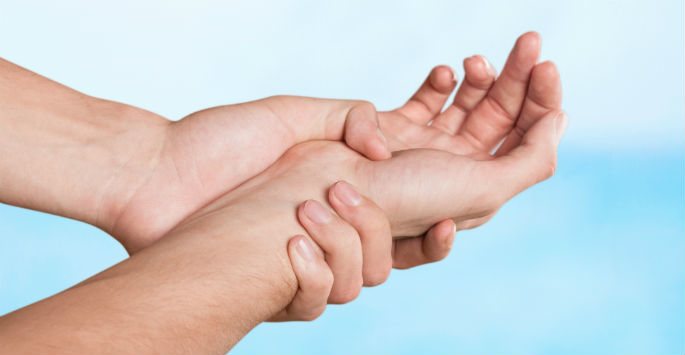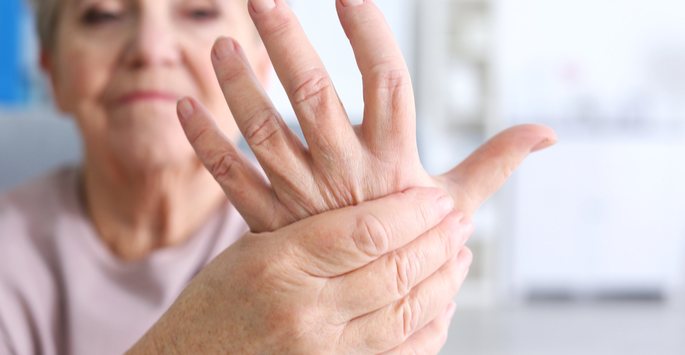Deciding to undergo hand surgery is a serious decision. You want to make sure that you take the time to find the right doctor for you. You need your hands for so many tasks in life. You want them to be working at full capacity as soon as possible. You need to turn to a trusted source like Dr. Arora. You want a surgeon who concentrates on the hands in order to ensure that nothing is missed. Choose to undergo hand surgery at our office in Michigan and you will have more freedom once again.
Why Choose Hand Surgery?
The thought of having surgery can fill you with anxiety. It’s fear of the unknown that causes anxiety. When you choose to have your procedure performed by our talented surgeon in Michigan to address your concerns with your hand, you can have peace of mind. Trust that you will have a surgeon who understands the intricacies of the hand, someone who will help you to find the answers you need in order to have a successful experience.
Experience Relief with the Right Hand Surgeon
Once you have had an evaluation at our office in Michigan, you will be given recommendations regarding your treatment options. You will have the opportunity to ask any questions you may have and find out all of the details about the procedure. You will be made a top priority when you come in for your procedure. Once our surgeon has corrected the issue with your hand, you will be given special instructions in order to make sure your recovery process goes as smoothly as possible. With time and patience, you will reap the benefits of your procedure.
Learn More About What Hand Surgery Can Do for You
If you have a problem with your hand that can only be solved with surgery, you need a hand surgeon in Michigan who can get positive results for you. Make an appointment to have a consultation at Arora Hand Surgery. For your convenience, we have two Michigan-based locations in Warren, West Bloomfield, Howell, and Macomb Township. Contact us today to schedule a consultation.





















